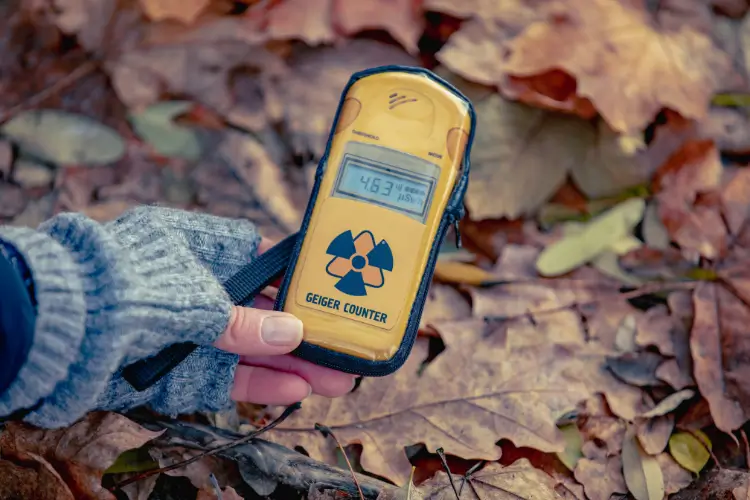Have you ever wondered how nuclear workers stay safe from harmful radiation? Radiation exposure in nuclear facilities poses significant health risks, making monitoring and protecting workers essential. Even small exposure can lead to serious health issues without proper safety measures.
One key tool used in this process is radiation dosimeters. These devices are crucial for ensuring that radiation levels remain within safe limits, reducing the chances of long-term health issues. For nuclear workers, these devices act as an essential barrier against the dangers of these rays. Let’s explore their benefits in detail.
Monitoring and Controlling Exposure
Monitoring radiation exposure is essential for nuclear workers. The dosimeters continuously track the amount of ionising energy they receive. This constant monitoring gives supervisors the data to ensure everyone stays within the recommended safety limits. Knowing how much ionising energy they’ve been exposed to, they can adjust their tasks or take breaks to avoid excessive contact. This data is crucial not only for the immediate safety of working personnel but also for preventing long-term health complications from cumulative contact.
Early Detection of Dangerous Levels
Dosimeters offer early warnings when radiation levels reach unsafe thresholds. This early detection is one of the greatest benefits of these devices. Workers are immediately alerted if they’re in an area with high radiation levels, allowing them to evacuate or take safety measures.
These working personnel might be aware of rising levels with them once it’s too late. Early detection saves lives by providing critical information that leads to prompt action.
Reducing Long-Term Health Risks
One of the primary concerns for nuclear workers is the long-term health risks associated with radiation exposure. Over time, even low levels of ionising energy can lead to serious health problems like cancer or other illnesses. Dosimeters help reduce these risks by providing precise contact measurements over time. This data can limit worker contact throughout their career, minimising the potential for radiation-induced illnesses.
Ensuring Regulatory Compliance
The nuclear industry’s strict regulations, including radiation exposure limits, govern worker safety. Dosimeters help companies comply by tracking and recording each worker’s exposure. If a worker approaches the limit for safe contact, adjustments can be made to their duties or schedule. This ensures workers remain safe while the company complies with legal safety standards. Regulatory compliance is essential to prevent penalties and maintain a safe working environment.
Personalised Safety for Every Worker
These devices provide personalised safety for nuclear workers. Each worker’s dosimeter records their exposure, allowing safety protocols to be tailored to their specific needs.
This personal approach to ionising energy safety ensures that no worker is exposed to unsafe levels. If workers have been exposed more than others, they can be given tasks in low-radiation areas to balance their exposure. Personalised safety reduces the overall risk in a nuclear facility.
Supporting Ongoing Health Monitoring
Beyond daily monitoring, these dosimeters are essential for long-term health monitoring. The data collected by these devices can be used to track a worker’s exposure over months or even years. This information is invaluable for health professionals who assess a worker’s long-term risk of radiation-related illnesses. Continuous monitoring with these devices helps detect potential health issues early, allowing for preventative measures or treatment.
A Key Element of Safety Culture
The use of dosimeters fosters a culture of safety within nuclear facilities. Workers are encouraged to be mindful of their exposure levels and take proactive measures to reduce risks. Companies are committed to their employees’ safety and well-being by equipping every worker with a dosimeter. This promotes a sense of responsibility among workers, who are likely to follow safety protocols when they see how seriously their exposure is being monitored.
Radiation dosimeters are crucial in protecting nuclear workers from radiation exposure. They provide real-time data for quick adjustments in case of rising levels. In nuclear environments, they are essential tools that keep workers within safe exposure limits, ensuring regulatory compliance and long-term health.
Written By: Alexander Collins




